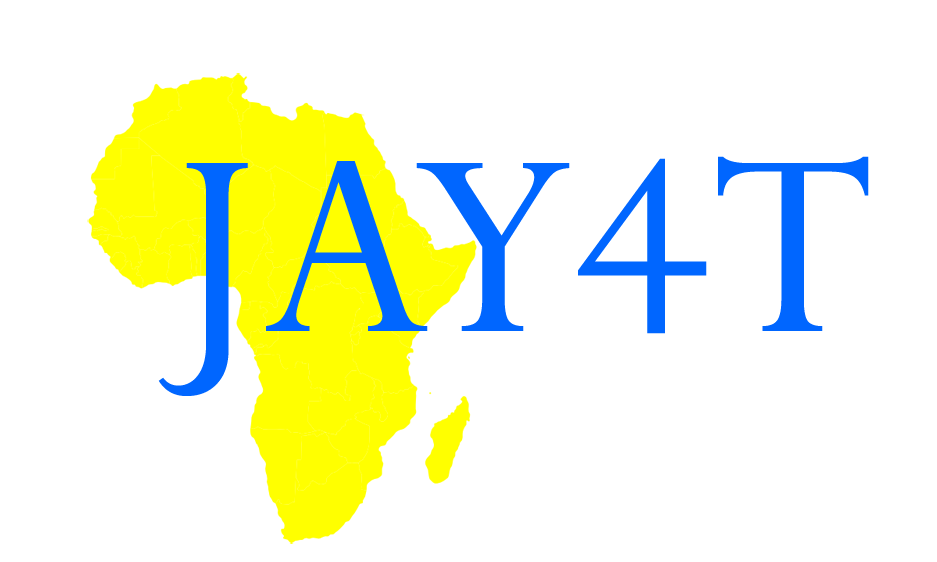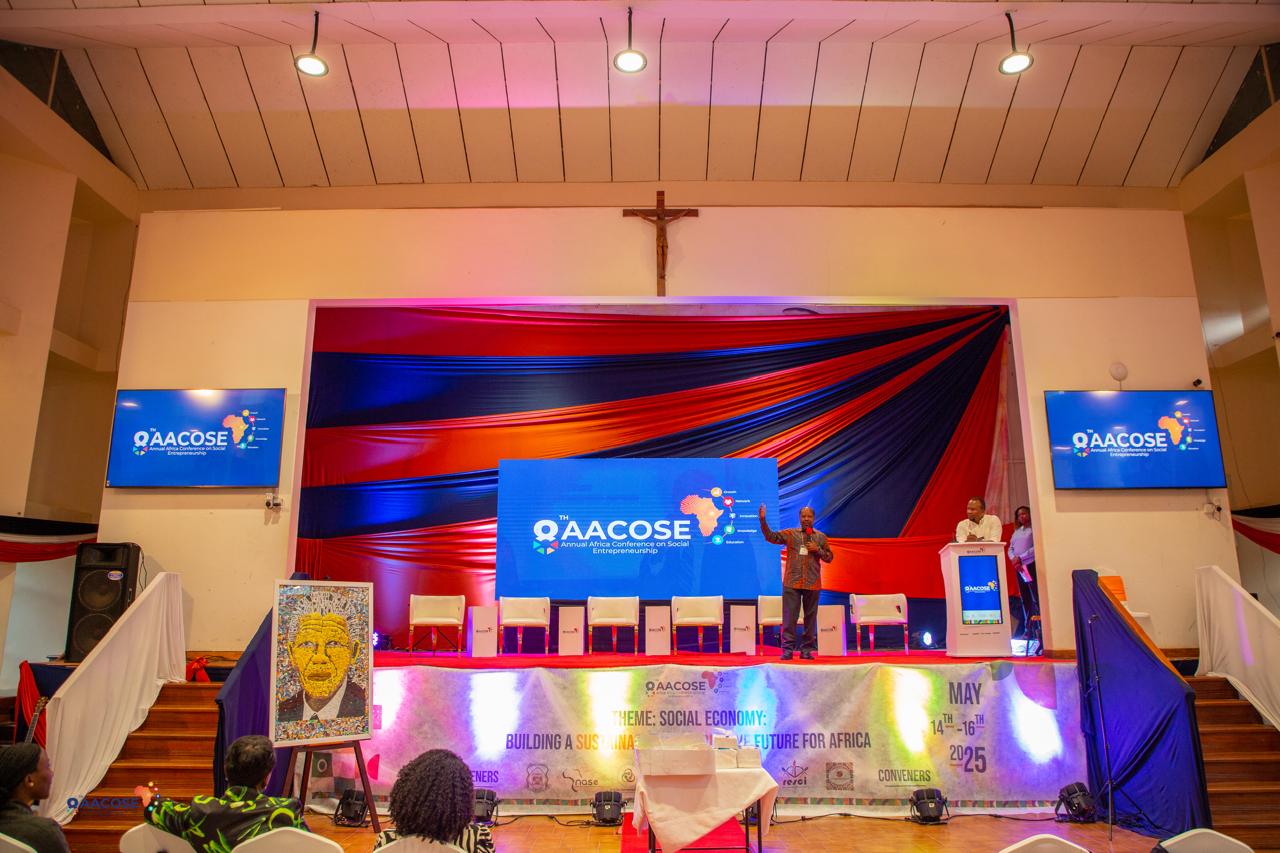Kenya’s Youth Economy? We’re already building it: JAY4T’s Contribution to AACOSE Academia 2025
Exploring youth innovation at AACOSE Academia
AACOSE Academia is an important component of the Annual Africa Conference on Social Entrepreneurship (AACOSE), organised by the Institute for Social Transformation at Tangaza University. AACOSE Academia serves as a forum for academic contributions that bridge research and practice, providing a platform for scholars and practitioners to present empirical research that contributes to Africa’s social economy and development agenda by engaging in discussions on social entrepreneurship and the social economy.
This year’s conference was centred on the theme, Social Economy: Building a Sustainable and Inclusive Future for Africa. At AACOSE Academia 2025, I had an opportunity to present research addressing a question facing millions of young Kenyans and young Africans at large. How do we turn social innovation into sustainable livelihoods?
In Kenya, youth unemployment is a major challenge facing millions of youth, full of ideas, energy, and potential. But what if we stopped seeing youth as job seekers and started recognising them as solution makers? Just what if?
Being passionate about youth empowerment and social innovation, I chose youth and social innovation as the subtheme, and focused on important topics like the social economy, youth unemployment in Kenya, social enterprises and social innovation.
Why the social economy matters
Kenya’s social economy, just like the global social economy, covers a wide range of activities and organisations that prioritise social and environmental goals over their own profit, often focusing on addressing local needs and promoting community well-being.
Unlike the profit organisations, these entities prioritise people, purpose, and collective participation. For youths, this space gives something special: the chance to create meaningful work that also solves real social challenges like unemployment, poverty, hunger, etc.
Innovation in action: Youth-led social innovation in Kenya’s social economy
In this section, I focused on Ecobana Limited, a youth-led social enterprise tackling period poverty and unemployment, while also addressing environmental degradation, by manufacturing biodegradable sanitary pads from banana fibre.
Kenyan youth are full of innovative ideas. Many of them are already building businesses and coming up with relevant local and environmentally sustainable solutions. What they often lack is long-term support, mostly from the Entrepreneur Support Organisations (ESOs). In my analysis, I found that Entrepreneur Support Organisations, which offer incubators, accelerators, and youth programs, tend to focus on short-term interactions like prize competitions, pitch events, hackathons, and award ceremonies, which are useful but insufficient for the development of these social enterprises.
Youth-led social enterprises don’t just need to be awarded and featured in articles. They need capital with patience, mentorship with depth, and support systems that understand their community-based models.
A better approach: Start with what we already have
I recommend that the youth embrace the Asset-Based Community Development (ABCD) approach. While one may need external support like funding, to successfully establish a social enterprise, we must first focus on what we readily have or what we can start with to develop the social enterprise.
The Asset-Based Community Development approach is whereby a community’s existing skills, natural resources, and knowledge are leveraged to create impact. Instead of focusing on what you lack, ABCD starts with what you have. An example is Ecobana, which uses banana fibre for its social enterprise. It’s not just about empowering, it’s sustainable.
What needs to change?
To make Kenya’s youth social economy thrive, we need:
- ESOs to evolve from offering one-time or short-term support to developing social enterprises, to offering yearly long-term mentorships and funding partnerships.
- Youth policies that reflect the reality of rural and informal innovations, not just urban innovations alone.
- To start where we are. Instead of focusing on what youth lack, we should help them realise and leverage what they already have – skills, relationships, raw materials, and ideas that solve real community problems. I advocate for an Asset-Based Community Development (ABCD) approach.
My final take
Youth Innovation is not a gap – It’s a growing force. But we can’t just celebrate the wins. We must invest in the systems that make those wins possible and scalable.
As part of JAY4T, I’m committed to pushing the conversation forward. Let us match youth innovation with real, sustainable support.
About the author: Jesse Odippo
I’m Jesse Odippo, the Events and Communications manager at JAY4T – a non-profit membership organisation, which leverages and transforms the talents, skills and knowledge of Kenya’s youths into social enterprise co-creation for positive impact. I’m passionate about youth empowerment and committed to helping young people shape their futures through social innovation.
Presenting my research at AACOSE Academia 2025 was a defining moment in my journey as a youth advocate and communicator. I believe that real change starts with the community and I’m committed to helping youth realise the power they already have to lead the change.


